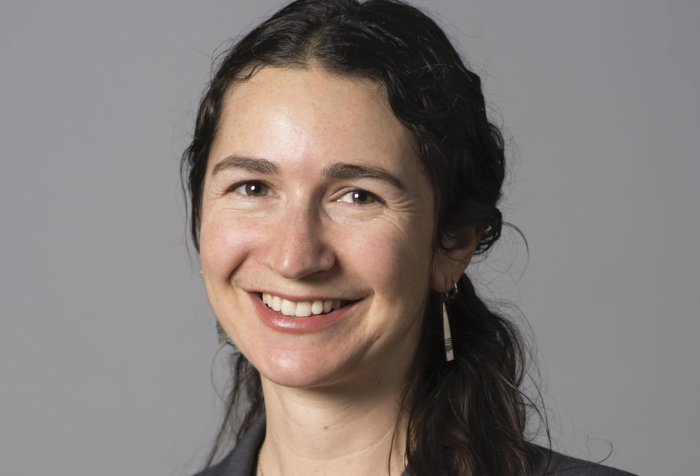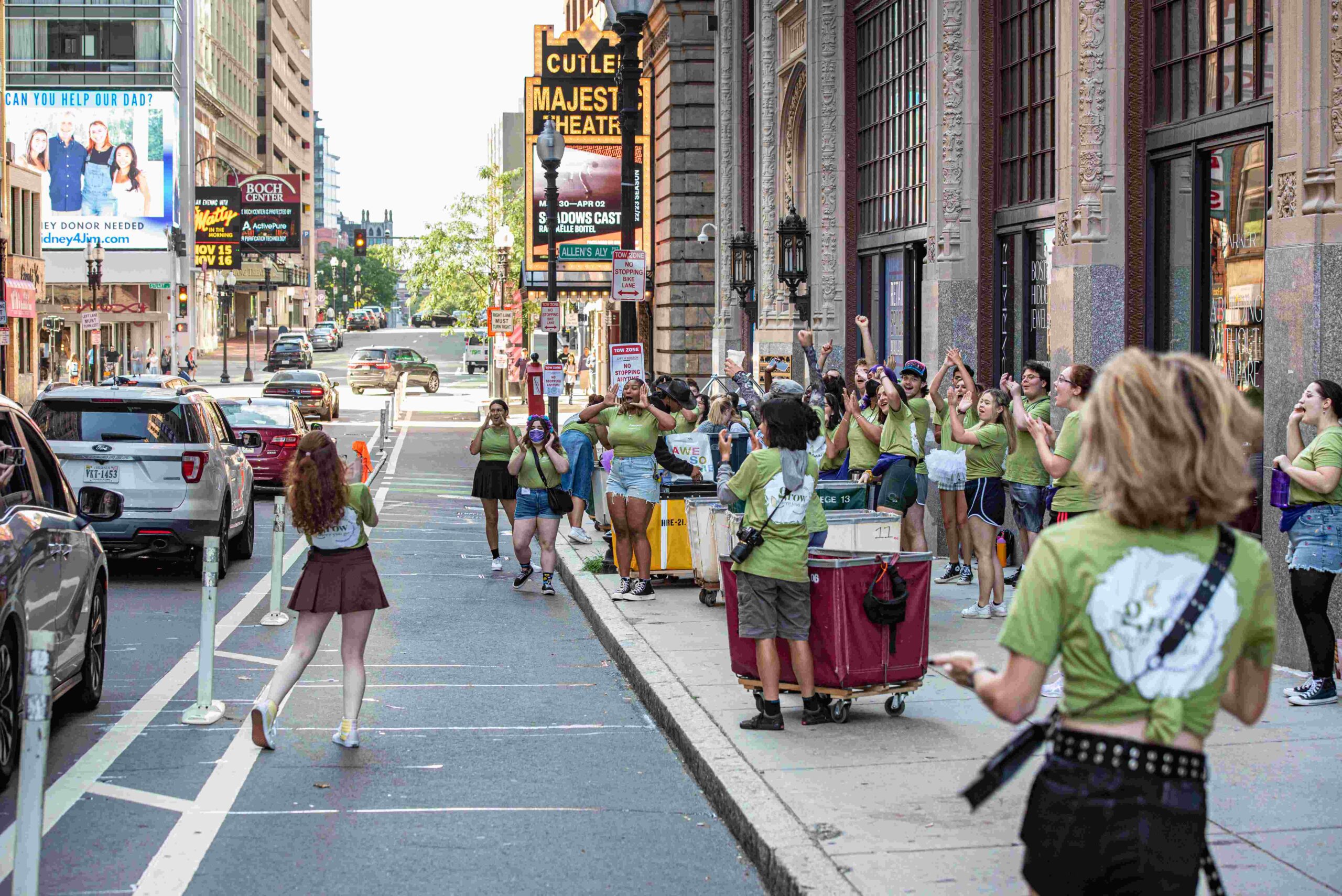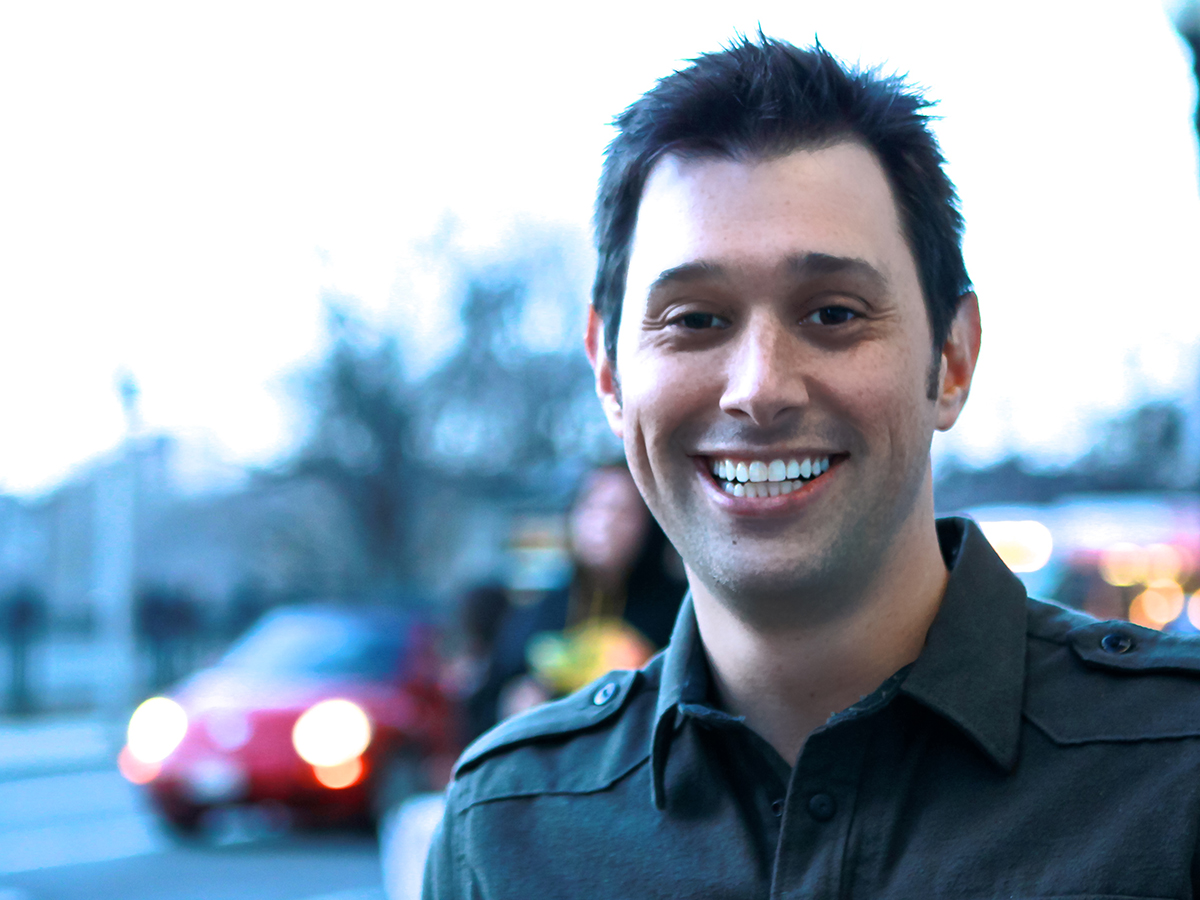
Mneesha Gellman, associate professor of political science, shared her insight for a Q&A “How Can Bukele Run Again Despite a Constitutional Ban?” regarding El Salvador President Nayib Bukele recently announcing he will run for re-election.

Mitchell weighed in on an article examining the sports gambling law signed earlier this year

Martie Cook, professor and founding director of the College’s Center for Comedic Arts, spoke about what it takes to develop a new TV show, as Jennifer Hudson’s new talk show debuts today and takes the former time slot of The Ellen DeGeneres Show.

The Class of 2026 began their spirited and celebratory move-in on Friday, August 26, at the corner of Boylston and Tremont streets, and local media outlets stopped by to see Emerson Lion Pride in full swing.

Emerson Los Angeles affiliated faculty Victor Corona authored a piece about the hit show “Euphoria” and its impact on Gen Z, ahead of the 2022 Emmy Awards on September 12. The show is nominated for 16 Emmy and Creative Arts Emmy nominations.

Senior affiliated faculty and PR expert David Gerzof Richard provides analysis regarding Boston Children’s Hospital receiving harassment over its care for transgender youth, after misinformation about it began online last week.

Journalism associate professor and graduate program director Tim Riley reviewed Elizabeth Wilson’s new work Playing with Fire: The Story of Maria Yudina, Pianist in Stalin’s Russia, which examines the life and legacy of the talented pianist.

There is less editorial oversight about which images reach the most eyeballs – even in professional newsrooms.

Visual and Media Arts assistant professor Ougie Pak’s new film, Clytaemnestra, receiveed great reviews recently and is available to stream on the platform MUBI. The film follows rehearsals in Greece of Aeschylus’ Agamemnon by a Korean film ensemble.

Senior affiliated faculty and comedian Mike Bent contributed to a piece about how comedy changes over time, and how today comedians may utilize their personal experiences more to captivate audiences and use intimate venues to enhance their shows.









